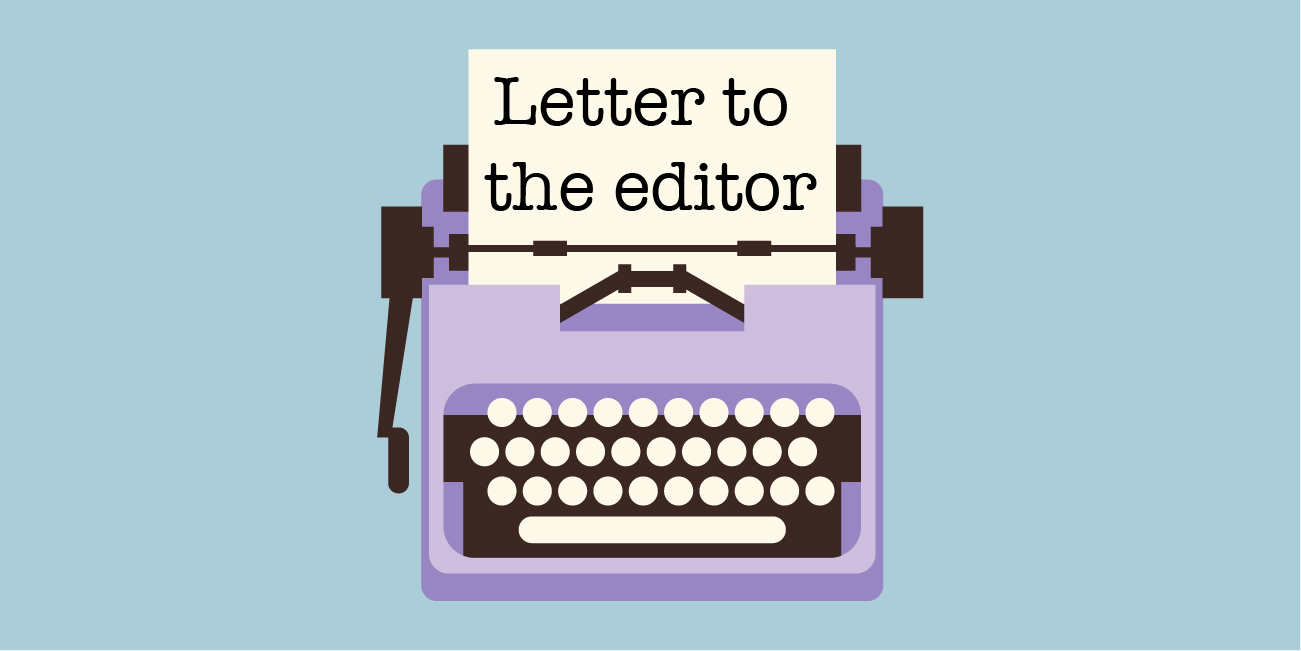

To the editor:
Superintendent Evonne Alvarez has invested in Rosetta Stone for Lynn’s schools. Let’s think about that. In a district where dozens of languages are spoken, a program that lets students, families, and teachers communicate more easily is a clear win. Alvarez, in her interview, focused on how it will meet the needs of English speakers: students who will need Spanish for future jobs, and teachers who wish to communicate better with English-language learners. Those are fine selling points, but I notice the focus on what English speakers need, not the true critical need in the Lynn schools. Purchasing Rosetta is only a “Band-Aid solution” for Lynn’s language-learning students.
I taught English-language learners in Lynn for 10 years. Our American school system hasn’t been built to meet them where they are. Teenagers (I taught high school) might be pre-literate or literate in another language, but elementary materials don’t suit them. Lynn’s ESL teachers have worked very hard to create curriculum for the very diverse needs of these students. They have adopted new materials bought every year by the district, and aligned it all with state standards in all their complexity.
Students learning English in Lynn are not only diverse in language and literacy, but socioeconomically. Most are poor. They may not have enough to eat at home or enough clothes for winter. Jobs outside school use up the energy they need for learning. The teachers who see them every day are part of Lynn’s vital network of social services. It adds to their work, but these teachers can see and sometimes help the language learners struggling with poverty. An app can’t replace that.
English learners in the Lynn schools, and their teachers, also deal with class sizes that grow all throughout the school year. New students need plenty of support, and as classes grow resources are stretched thinner. Students share books and teachers may delegate instruction to the better educated students, which can slow their learning progress. Using Rosetta might be a way to serve multiple language levels in a single classroom, but growing class sizes make it harder to keep all students engaged. Will Rosetta be running on students’ cell phones, which have many distractions, or on class iPad sets that never have enough for each student, or on school-issued Chromebooks with all their problems?
Finally, consider the advantages that born-in-America English speakers have when they use Rosetta. They have benefited from K-12 public education. They are familiar with technology and printed text. They are far less likely to be poor or to be dealing with a new culture in their lives. Most of all, they already know English, where the spelling and pronunciation of words rarely matches in any consistent way. Rosetta may be great for English speakers, but is it appropriate for Lynn’s English-language learners?
Sincerely,
Sallie Kennedy
24World Media does not take any responsibility of the information you see on this page. The content this page contains is from independent third-party content provider. If you have any concerns regarding the content, please free to write us here: contact@24worldmedia.com

Common Mistakes When Using Athletic Field Tarps

High-Performance Diesel Truck Upgrades You Should Consider

Warehouse Optimization Tips To Improve Performance

Fire Hazards in Daily Life: The Most Common Ignition Sources

Yellowstone’s Wolves: A Debate Over Their Role in the Park’s Ecosystem

Earth Day 2024: A Look at 3 Places Adapting Quickly to Fight Climate Change

Millions of Girls in Africa Will Miss HPV Shots After Merck Production Problem

This Lava Tube in Saudi Arabia Has Been a Human Refuge for 7,000 Years

Four Wild Ways to Save the Koala (That Just Might Work)

National Academy Asks Court to Strip Sackler Name From Endowment

Ways Industrial Copper Helps Energy Production

The Ins and Out of Industrial Conveyor Belts